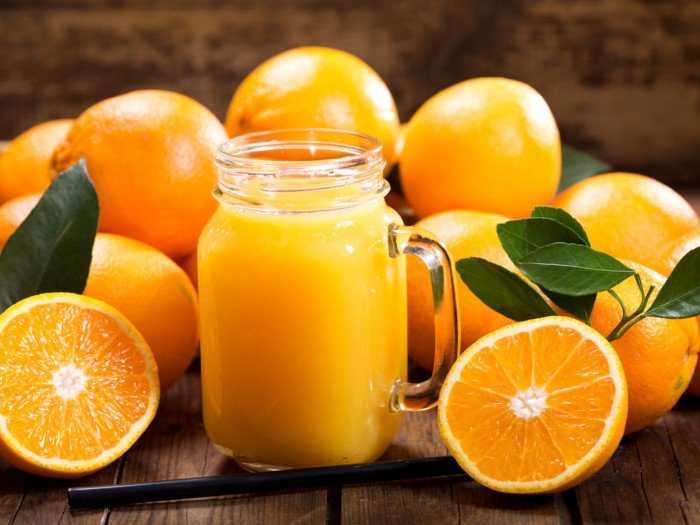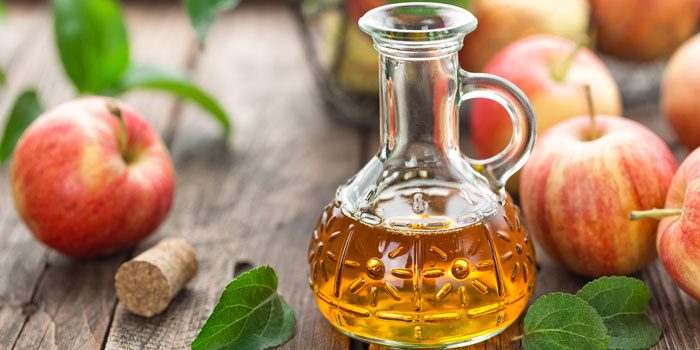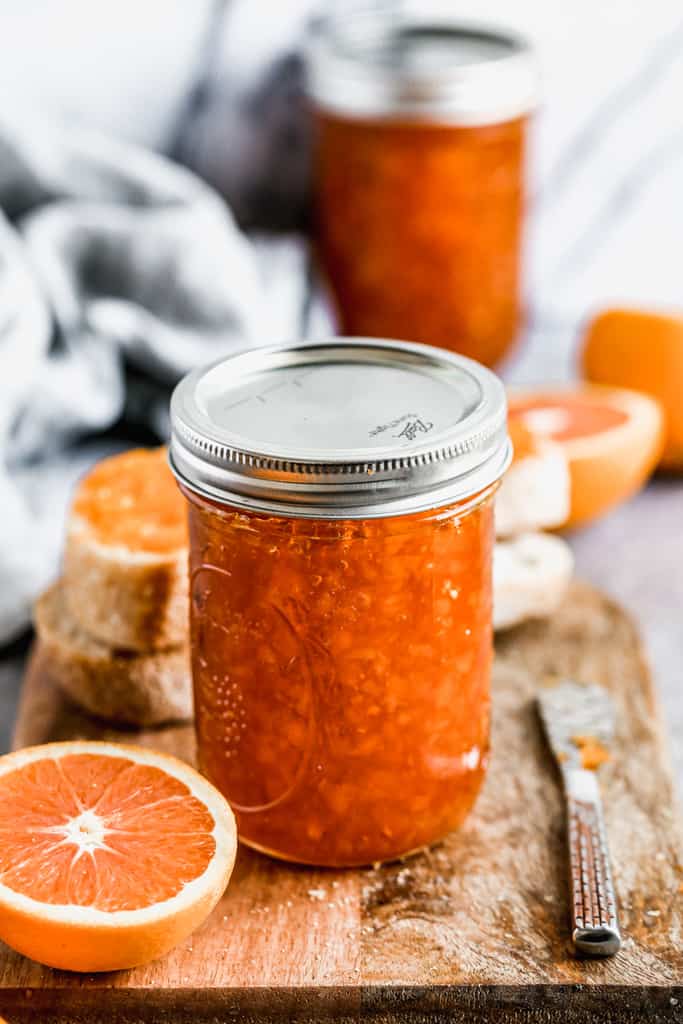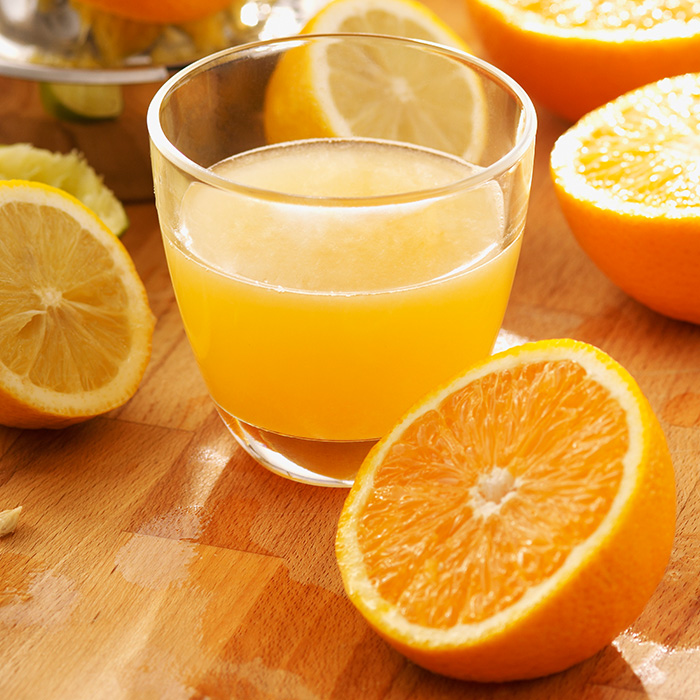Substitutes for Orange Juice: 7 Best Alternatives + FAQs!

Orange juice has exhibited its versatility in the kitchen as more than simply a staple beverage for breakfast or every meal. Fruit cakes, meat marinades, and salad dressings may benefit from their well-balanced acidity and sweetness.
Apple cider vinegar, coca-cola, orange marmalade, orange liqueur, orange water, orange extract, and lemon juice are all good replacements for orange juice. The list could go on and on.
1. Apple Cider Vinegar

It’s always preferable to use apple cider vinegar instead of regular vinegar. It adds just the appropriate amount of acidity to your dish. It offers more nutrients and health advantages, especially if you buy the “with the mother” kind.
Apple Cider Vinegar is a great replacement, especially for salad vinaigrettes, dips, marinades, and even baking if you don’t have orange juice on hand. There’s no need to worry if the apple cider is too powerful for you. To reduce the acidity, add some sugar or honey. Apple Cider Vinegar would replicate the acidity and sweetness of conventional orange juice.
2. Coca-Cola
Coca-Cola may be an unexpected addition to the list, but regular coke can work wonders. Orange juice has a slight sweetness that works well in baked goods like cakes. It gives the cake a fluffier and more moist texture.
The same may be said about substituting coke for orange juice. It helps to fluff up and raise the cake quickly while preserving the appropriate wetness because of the bubbling air. The acidity you’re searching for, though, will not be present. It will only add sweetness and smooth richness to your favorite cake and pastry recipes.
3. Orange Marmalade

It can still work if you don’t have orange juice instead of jam or orange marmalade. You can avoid going to the supermarket merely to get a box of orange juice. It’s allowable to use orange marmalade. It’s my go-to ingredient when it comes to crafting a barbecue glaze or marinade.
But keep in mind that it can get a little too sweet. If you don’t like too much sweetness, squeeze a small lemon to provide some acidity. You may then use it to make salad dressings or dips for yard parties.
4. Orange Liqueur
Orange liqueur is a great replacement when cooking stews, sauces, marinades, and soups. There are several types of orange liqueur available on the market. But, to be honest, it makes little difference which brand you select.
Don’t be concerned about the alcohol content; it will dissipate as soon as it is cooked. You will only be able to detect its tanginess and sweetness, as well as the beautiful perfume of oranges. You may detect the strong scent of orange liqueur, so be careful what you put in there. There would be a minor change in the orange juice as well. A shot of orange liqueur will suffice for a cup of orange juice.
5. Orange Water

Because of its alcohol concentration, orange water is the same as an orange liqueur. However, keep in mind that this is stronger than plain orange juice. Orange water can give tanginess and a bit of sweetness to baked products.
If the acidity is too intense for you, add more sugar or squeeze some lemon. You may also brew your orange water in the comfort of your own home. You can find and follow a plethora of recipes online. The only drawback is the time it takes to ensure that the liqueur is sufficiently concentrated, which might take 2-3 weeks. Even so, it’ll be worthwhile because you’ll have a steady supply of orange water in your kitchen.
6. Orange Extract
Orange extract or concentrate is made entirely of the orange’s natural oils. You may use it in the same way that vanilla extract is used. The benefit of employing this alternative is that you won’t need much material because just a few drops may do wonders.
The flavor is also potent and fragrant at the same time. Orange extract is your best bet if your recipe asks for an orange-flavored dessert. If you’re using it in marinades or salad dressings, though, you may add it right in because the acidity is necessary for these meals.
7. Lemon Juice
Last but certainly not least, there’s lemon juice. When you don’t have orange juice, this is one of the most straightforward substitutions. If you have fresh lemons on hand, squeeze all of the juices or use a juicer if you have one. The swap strictly adheres to the 1:1 ratio.
Although it’s much more acidic than orange, a spoonful of honey will help to balance it out. If you’re using it in marinades or salad dressings, though, you may add it right in because acidity is necessary for these meals.
FAQs

In a recipe, may I use lemon juice instead of orange juice?
Yes, lemon juice is a preferable alternative for a sweeter flavor, especially if you don’t like too much acid in your food. You can use lemon juice in place of orange juice in stews, baked dishes, marinades, and sauces.
Is it possible to use apple cider vinegar instead of orange juice?
Yes, depending on the dish you’re attempting to prepare. Orange juice is an excellent choice for salad dressings since it is less acidic and sweeter. Using orange juice instead, you can do the same thing with other recipes that call for apple cider vinegar.
Is it okay if I use milk instead of orange juice?
Yes, especially when it comes to baked items. Keep in mind that milk contains little to no acidity. Add a squeeze of lemon to keep the dish’s acidity, and your recipe should be fine.
The list of orange juice replacements in this article comes to a close. When orange juice is not accessible in the kitchen, these methods have been successful and valuable. Please let us know if you have tried these replacements in the comments section below. Please feel free to contribute your own story. Also, please share any other replacements you’ve tested that aren’t on our list.











